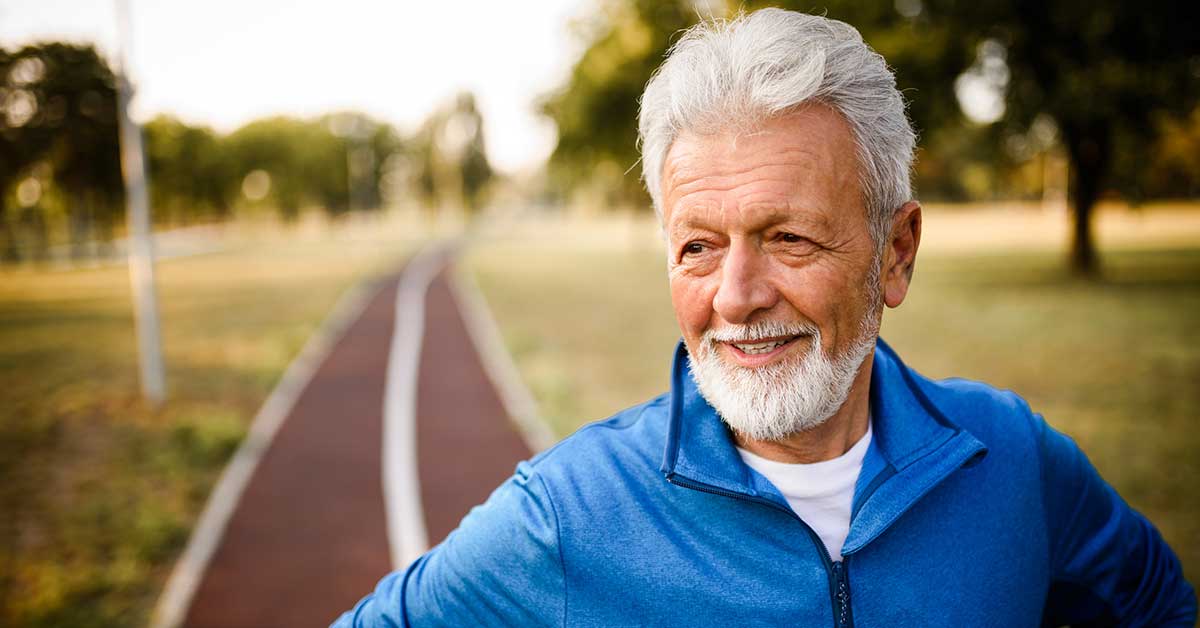|
If you know of someone with prostate cancer or who is in remission from prostate cancer then read below.
Let’s start with some facts. Some facts
What is prostate cancer? The prostate gland isn’t essential to maintain life but it is very important in the reproductive system in males. It is located deep in the pelvis behind the pubic bone and below the bladder. Prostate cancer is a form of cancer that starts in a males prostate, depending on how advanced the cancer is, it can spread to the lymphatic system or into bone, these are called metastasis. Bone is the most common site for cancer to spread too and is the leading cause of disability and morbidity in males with prostate cancer. Treatment for prostate cancer includes surgery, radiation, chemotherapy and hormone therapy, which can be used as separate treatments but often a male with prostate cancer will have different treatments depending on stage and progression of cancer. There are many side effects of prostate cancer treatment with some males being affected more than others. Side effects also depend on what type of treatment is had, some common side effects include:
Why exercise? The evidence suggests that exercising during and post treatment can have a positive effect on the side effects mentioned above. There is no evidence currently that exercise directly impacts prostate cancer itself however, early research indicates it may slow disease progression. Regardless, exercise improves function, strength, cardiovascular fitness, tolerance to treatments and treatment related side effects which improves overall health. Some statements from the evidence specific to prostate cancer.:
Where to begin? Before beginning to exercise some considerations need to be taken into account. Including any chronic conditions that might be affected by exercise, in-particular conditions of the heart and vascular system, stage and progression of cancer and whether the cancer has spread. The recommendation is begin with exercise you enjoy doing, try to aim for 150 mins/week of aerobic exercise as a starting point and build from there. Aim to do 2 strength training sessions per week with recovery days in between. It is believed the more exercise the better. Considering these things, find a starting point, slowly progress and if you need any more advice specific to prostate cancer, or men's health in general, find an Accredited Exercise Physiologist just like we have here in the clinic. Izaac Boylan Accredited Exercise Physiologist
0 Comments
Your comment will be posted after it is approved.
Leave a Reply. |
AuthorSLisa Parkinson Archives
July 2024
Categories
All
|


 RSS Feed
RSS Feed